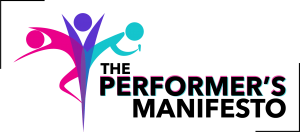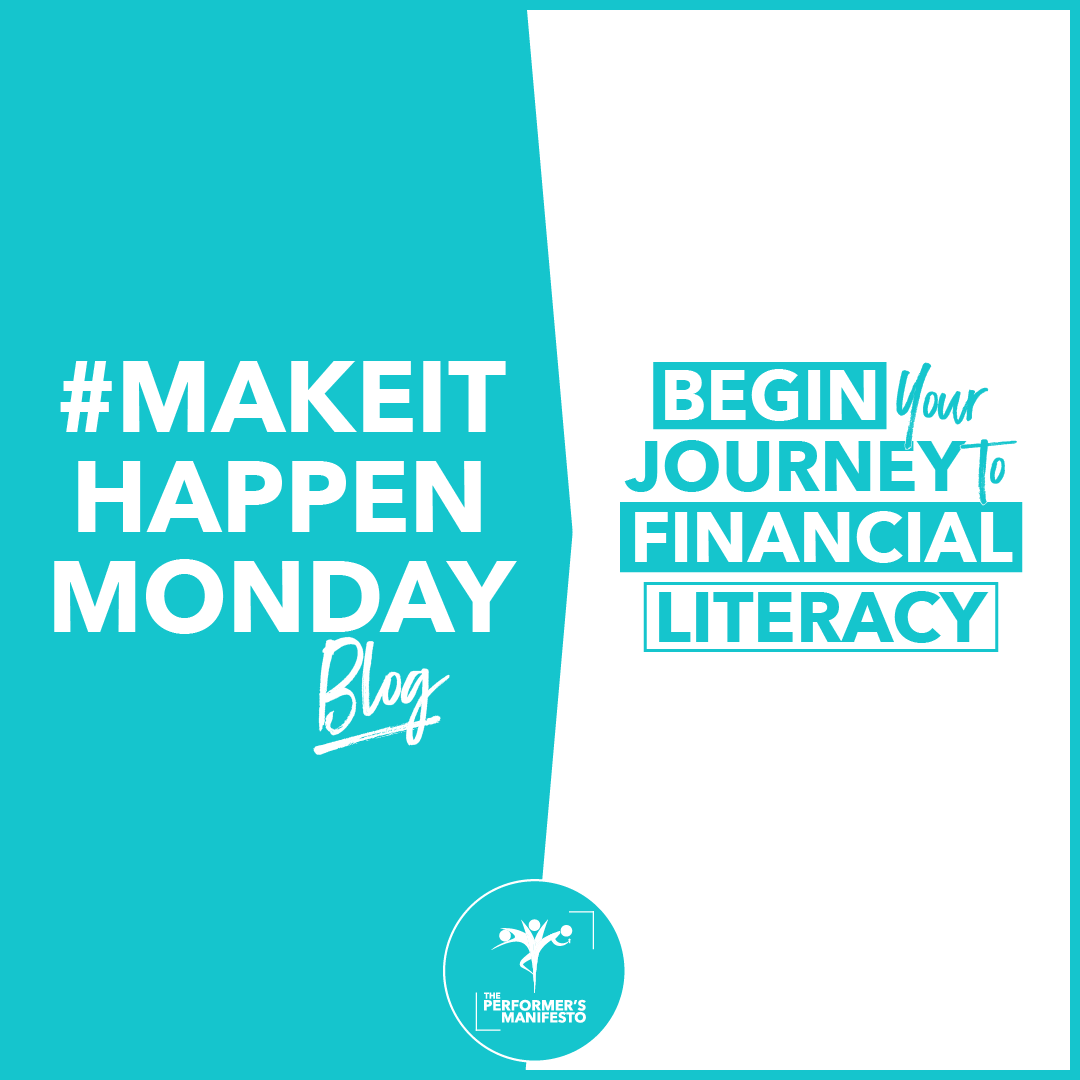Welcome to another #MakeItHappenMonday, where we help you kickstart your week for a productive and proactive week ahead! Today, we’re diving into a topic that often gets overlooked but is crucial for your success and well-being as an artist: financial literacy.
The Myth of the Starving Artist
One of the biggest concerns I often hear from performers and their parents is the fear of living the life of a “starving artist.” This stereotype has been around for centuries, but it doesn’t have to be your reality. We live in a time where financial struggles for artists shouldn’t be the norm, yet many still accept it as their fate.
Why Does This Stereotype Persist?
The main reason this idea persists is that many artists undervalue the importance of financial wellness. When I talk about financial wellness, I don’t mean being wealthy but having a basic understanding of and a healthy relationship with your finances.
There are three main reasons artists often struggle financially:
- Negative Beliefs About Money: Many artists have a negative relationship with money.
- Undervaluing Themselves: They often undervalue their worth as professionals.
- Lack of Financial Understanding: Many don’t understand or show interest in managing finances.
For years, I dismissed finances as something only for people with “real jobs” like accountants. But the truth is, your financial wellness is just as important as your physical, mental, and creative wellness.
The Impact on Your Career
Poor financial wellness affects all aspects of your career. For example, going into auditions with a desperate need for the job can hinder your performance. As Joe Abraham and Christine Negherbon write in The Thriving Artist (2013), “If you are not financially desperate when you walk in the room, you are then completely free to do the work and not care about what happens when you walk out of the room.”
Successful performers understand the importance of financial wellness. They know that having enough money allows them the freedom to pursue their creative endeavours fully.
Taking the First Step: Control Your Finances
If you’re financially illiterate, the first step is to decide to be in control of your financial situation. Commit to developing some level of financial literacy. A great starting point is to understand where you currently stand financially.
The 30-Day Expense Journal Challenge
To begin managing your finances, start with a 30-day Expense Journal. Here’s how:
- Record Every Expense: For the next 30 days, write down every cent you spend, no matter how small or unusual. Use a journal, spreadsheet, or download a pre-formulated spreadsheet from our website.
- Categorise Your Expenses: Use categories like Food/Drink, Transportation, Rent, etc. Record the date, description, and amount for each expense.
- Analyse Your Spending: After 30 days, add up each category. Reflect on your spending:
- Are you surprised by any totals?
- Which expenses were necessary?
- What unexpected expenses came up?
- What are your fixed vs. variable expenses?
- Did you spend on things that feed your mind, body, or soul?
By analysing your expenses, you’ll get a clear picture of your financial situation and understand your monthly bottom line. This will help you create a budget and foster good money management habits.
Call to Action
- Start Your 30-Day Expense Journal Today: Download the spreadsheet from our website.
- Reflect and Analyse: After 30 days, thoroughly review your spending and understand your financial bottom line.
- Stay Committed: Make a commitment to continue learning about and improving your financial wellness.
Congratulations on taking the first step towards financial literacy. Let’s work together to build your financial health muscle and ensure you can focus on being the best performer you can be!
Until next time, stay proactive and make it happen!


